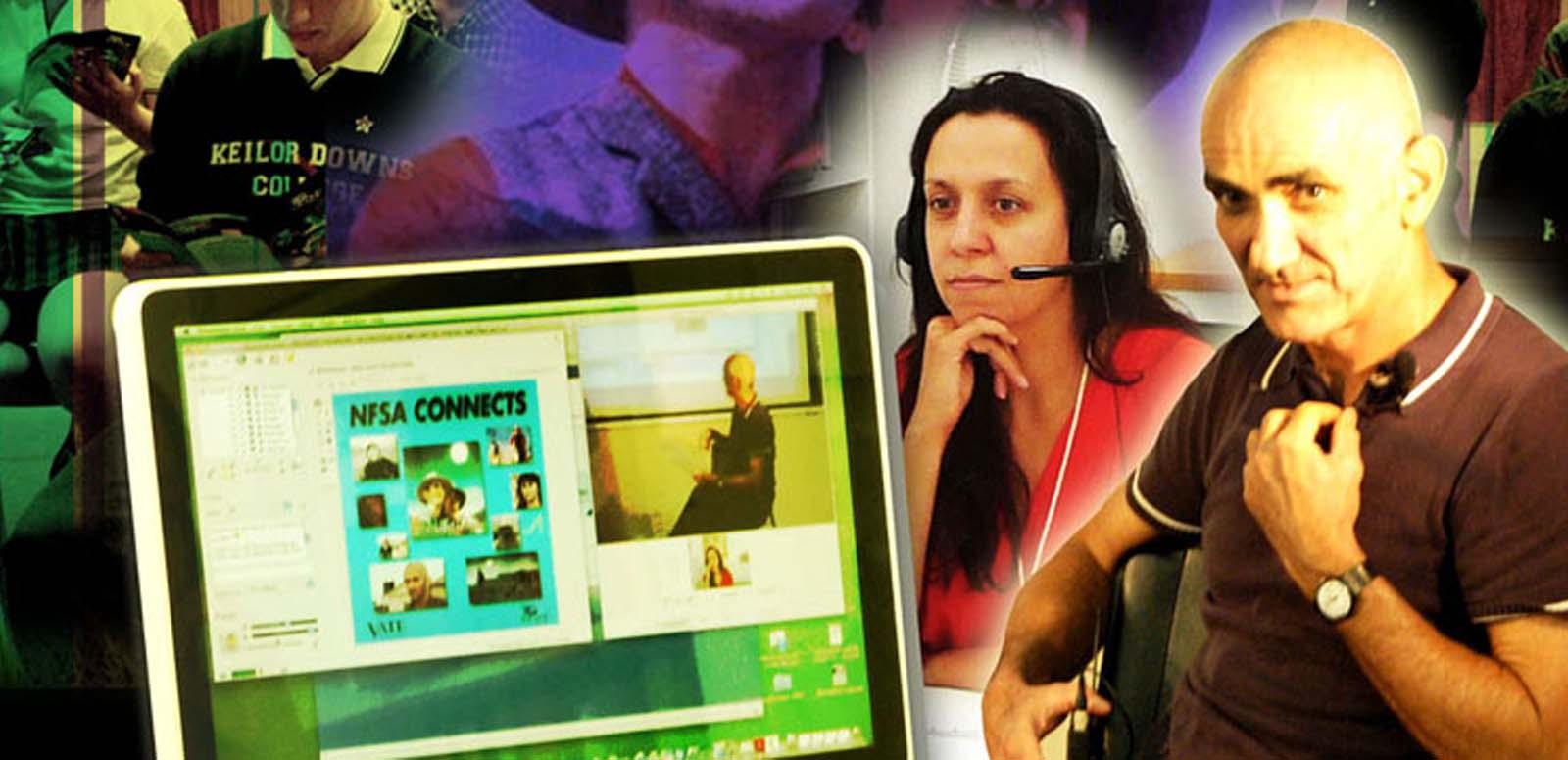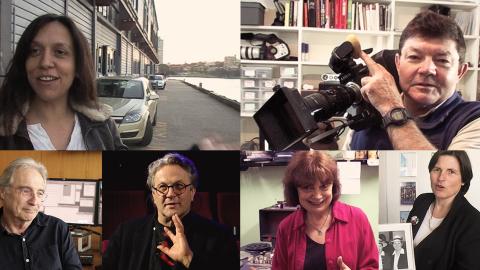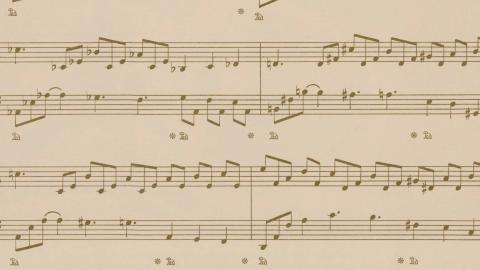

NFSA Connects with the Moon
Entranced by the beaming moon above the lonely outstation in the Flinders Ranges, a young girl steps out of her window … and disappears. The local police bring Aboriginal tracker Albert to help find her, but the father insists ‘no blackfella is to set foot on my land’. Albert and the girl’s mother watch helplessly as her every trace is stamped to dust by the white men conducting the search, with tragic consequences. The characters express themselves through song and the music adds an extra dimension to a classic tale of ‘little girl lost’.
In 2011, over 230 students from more than 20 schools participated in this fourth NFSA Connects event, organised in collaboration with the Victorian Association for the Teaching of English (VATE) as the film is in the ‘Imaginative Landscape’ strand of Victoria’s English curriculum. Film director Rachel Perkins and singer-songwriter Paul Kelly, two of our country’s most respected story-tellers, discussed their 2001 film, One Night the Moon with high school students during a web conference on 29 March. Paul was not only one of the lead actors but was also integral to the musical score.
With Paul Kelly in the VATE offices in Melbourne and Rachel Perkins in her Sydney office, the technology connected them both to students in regional Victoria and, for the first time, a school from another state (LeFevre High School in South Australia).
One Night the Moon is a musical drama set in 1930s outback Australia, based on the true story of Riley, an indigenous tracker from Dubbo and inspired by the documentary Black Tracker, made by Riley’s grandson Michael Riley in 1997.
Rachel and Paul shared details about this unusual and haunting film, and gave considered responses to some uniformly excellent questions from the students. Despite being in separate cities, they referred to one another constantly, eliciting additional comment or expressing alternative viewpoints in a wide-ranging conversation. Both Rachel and Paul were very positive about the event. Paul commented that there were ‘lots of interesting questions” and he ‘enjoyed talking to the students’. Rachel thought ‘it was great to reach so many school kids with the power of technology and to see One Night the Moon resurrected from the Archives and back in circulation.’
Tim Cottrell, a teacher from Keilor Downs College, who had brought a group of Year 11 & 12 students to the VATE premises to be part of the live audience said afterwards, ‘Well let me say that this was the most wonderful opportunity and my kids were absolutely thrilled. … what a way to create an authentic, rich and luminous resource for our context studies – especially a text that it is not necessarily easy to collect 1st class resources for. The team are to be congratulated and please let us know of any way we can be involved with this outstanding project. Absolutely unforgettable!’
The National Film and Sound Archive of Australia acknowledges Australia’s Aboriginal and Torres Strait Islander peoples as the Traditional Custodians of the land on which we work and live and gives respect to their Elders both past and present.


